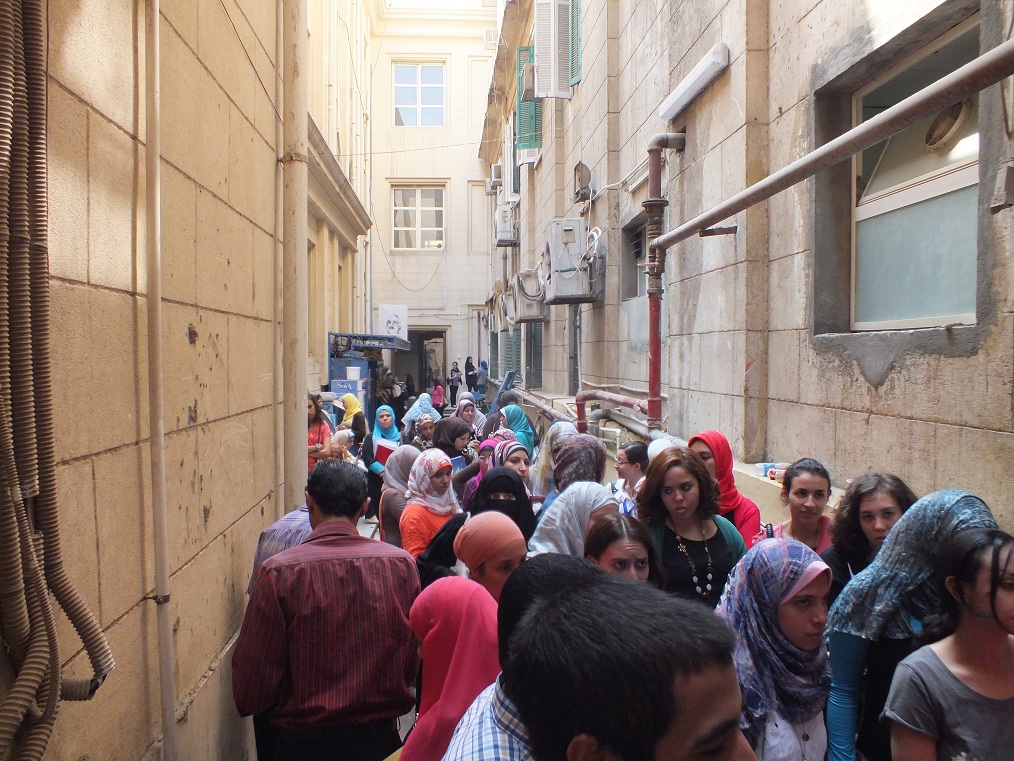CAIRO: Some reports indicate that the Ministry of Trade and Industry has filed a petition requesting rice exporters be reimbursed for a tariff levied on them last year. The tariff reportedly helped propel the rice market into a state of ongoing volatility.
The duty, which was raised last year from LE 200 per ton to LE 300 per ton, stymied exporters while boosting supply domestically. This was in advance of the government’s bold blanket ban on rice exports, another dramatic step that was aimed at curbing surging food prices.
Reports estimate that Egyptian rice exporters have lost LE 85 million to date, first from the increased tariffs and then from export ban.
Some experts are skeptical, however, that the government will reimburse rice exporters.
“I do not think the government would really reimburse exporters, argued Reham ElDesoki, senior economist at Beltone Financial, “as they would have to do the same with cement exporters and it would be difficult to secure enough funds to pay the exporters. The government has struggled to rein in the rice markets over the past year. When the Ministry of Trade and Industry announced recently its intention to lift the six-month export ban, producers began to manipulate supply, prompting officials to consider extending the ban until April, 2009.
“The extension of the export ban, said ElDesoki, “would help stabilize prices in the domestic market as any anticipation of a removal of the ban could lead to traders hoarding rice to export it later on at a higher price.
Because rice serves as one of the staple grains in Egyptian agriculture and with the demand-heavy month of Ramadan approaching, government officials are desperately pursuing means to affect calm in the market.
Though exporters suffered as a result of the ban, ElDesoki notes that domestic rice prices have fallen 13 percent from LE 3,125 per ton to LE 2,715 per ton.
Government officials hope that this trend continues into Ramadan, which has traditionally served as a focal point around the Muslim world for government efforts to control food prices.
Government officials in the UAE last month announced a plan to offer dramatic discounts on roughly 15 food items during Ramadan. Rice was included on the list. Officials noted that though food discounts are offered every year, the effort has been re-doubled this year in the face of turbulent food markets.
Many countries are also hoping to avoid a repeat of last year’s Ramadan, when food prices across the Muslim world rose to levels unsustainable for the poor. Experts, however, note that inflationary pressures regularly impact food prices during Ramadan.
“In September, [inflation] spiked again. Then it went back down, recalled Mohammed Abu Basha, economist at EFG Hermes, in reference to Ramadan last year.
“The government cannot really control [food] prices, he added. “It just tries to increase the supply.
Efforts to curb exports and boost supply at home have not been unique to Egypt. Countries with larger rice outputs, including Vietnam and India, have passed legislation aimed at making rice more abundant domestically.
Rice prices around the world, especially in countries who rely on imports, have, as a result, increased precipitously.
